Three-Phase Add-On Motor Program With Options
Categories:Three-Phase Add-On Motors Program With Options All of the rotating electrical machines and accessories required for a basic Electrical Power course are contained in the Mini-Motors Laboratory. The eq...
Product
Description
Three-Phase Add-On Motors Program With Options
All of the rotating electrical machines and accessories required for a basic Electrical Power course are contained in the Mini-Motors Laboratory. The equipment illustrated is the basic package,to which compatible motors, controllers, and accessories may be added.Bedplate:-Holds motors and generators securely during tests. Includes quick-connect coupling and shaft guards. DC Motor/Generator:- May be used as either motor or genera- tor; series, shunt, or compound. Series Field Rheostat:-Changes the degree of compounding of a DC generator Dynamometer:- Measures torque in ounce-force inches in either direction. May also be used as DC motor or generator. Synchronous :-Motor/Alternator Runs as a synchronous motor or oper- ates as a three-phase alternator when driven by AC or DC motor. Multi-Function Machine:- Runs as a split-phase; a capacitor start; a permanent-capacitor; or a two-capaci-tor motor. Resistance Load:- Applies resistive load to generators and alternators. Resistance/Reactance Load:- Applies unity, lagging, or leading power factor load. M Strobe-Tachometer Measures speeds between 100 and 12,000 RPM Digital Optical Tachometer Measures speeds between 0 and 10,000 RPM with accuracy of 0.25% of actual speed. Power and Metering To satisfactorily perform the required experiments, the following power should be available: • Fixed 120V AC 1 2-wire 10A • Fixed 208/120V AC 3 4-wire, 10A • Variable 0-240/140V AC 3 4-wire, 9A • Variable 0-150V DC, 1.0A, isolated,1% RMS • Variable 0-125V DC, 5.0A, isolated, 1% RM The following meters should also be avail- able: • DC Voltmeter; 0-75/150V (2) • DC Ammeter; 0-0.5/1.0/2.5/5.0A (2) • AC Voltmeter; 0-150/300V • AC Ammeter; 0-0.5/2/4/8A (2) • AC Wattmeter; 0-150/300/600/1200W (2)quick overview :
Three-Phase Add-On Motors Program With Options
All of the rotating electrical machines and accessories required for a basic Electrical Power course are contained in the Mini-Motors Laboratory. The equipment illustrated is the basic package,to which compatible motors, controllers, and accessories may be added.Bedplate:-Holds motors and generators securely during tests. Includes quick-connect coupling and shaft guards. DC Motor/Generator:- May be used as either motor or genera- tor; series, shunt, or compound. Series Field Rheostat:-Changes the degree of compounding of a DC generator Dynamometer:- Measures torque in ounce-force inches in either direction. May also be used as DC motor or generator. Synchronous :-Motor/Alternator Runs as a synchronous motor or oper- ates as a three-phase alternator when driven by AC or DC motor. Multi-Function Machine:- Runs as a split-phase; a capacitor start; a permanent-capacitor; or a two-capaci-tor motor. Resistance Load:- Applies resistive load to generators and alternators. Resistance/Reactance Load:- Applies unity, lagging, or leading power factor load. M Strobe-Tachometer Measures speeds between 100 and 12,000 RPM Digital Optical Tachometer Measures speeds between 0 and 10,000 RPM with accuracy of 0.25% of actual speed. Power and Metering To satisfactorily perform the required experiments, the following power should be available: • Fixed 120V AC 1 2-wire 10A • Fixed 208/120V AC 3 4-wire, 10A • Variable 0-240/140V AC 3 4-wire, 9A • Variable 0-150V DC, 1.0A, isolated,1% RMS • Variable 0-125V DC, 5.0A, isolated, 1% RM The following meters should also be avail- able: • DC Voltmeter; 0-75/150V (2) • DC Ammeter; 0-0.5/1.0/2.5/5.0A (2) • AC Voltmeter; 0-150/300V • AC Ammeter; 0-0.5/2/4/8A (2) • AC Wattmeter; 0-150/300/600/1200W (2)Product
Reviews
add Review
reviews
No Review Yet.
Copyrights © 2025 All Rights Reserved by Atico

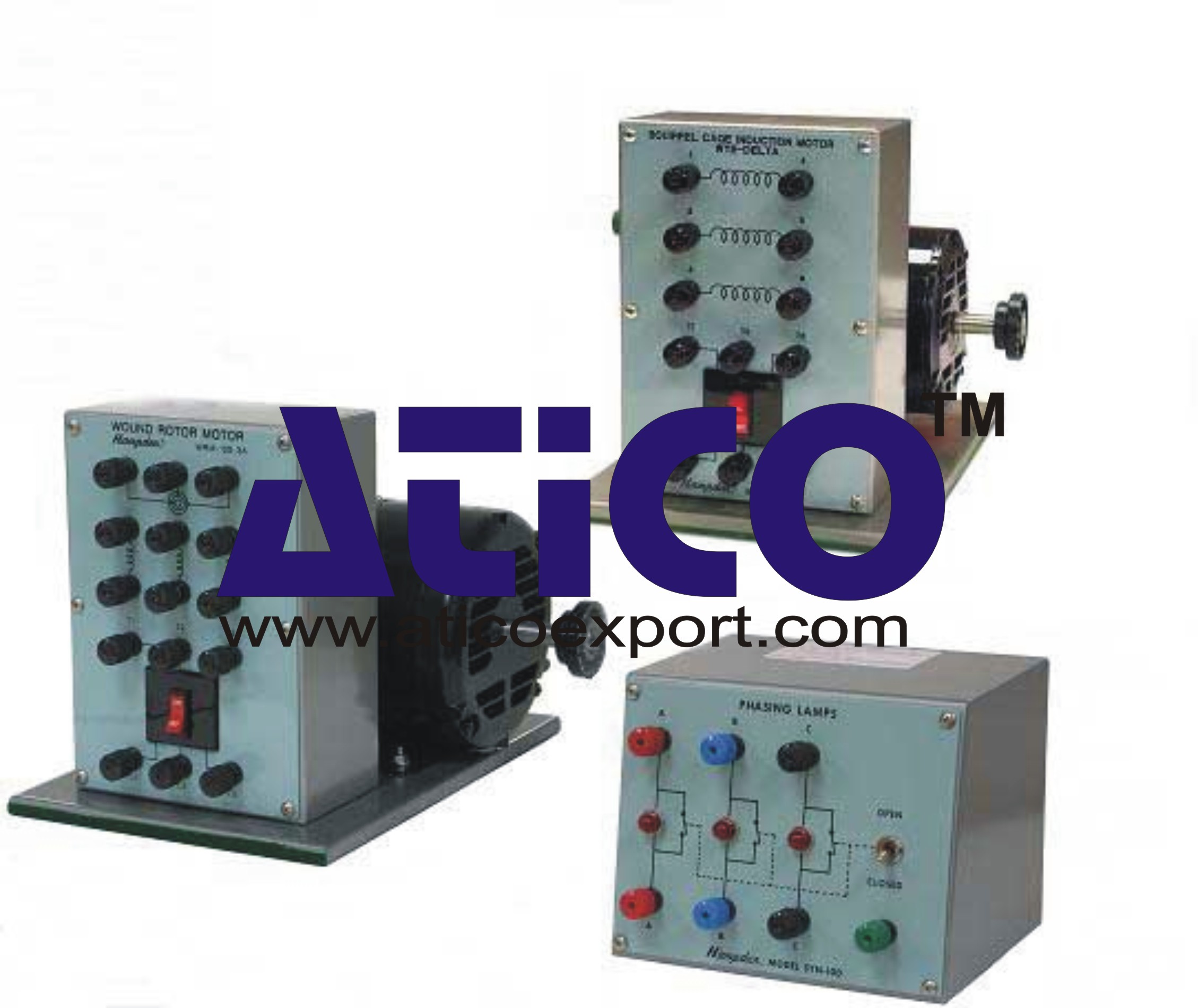
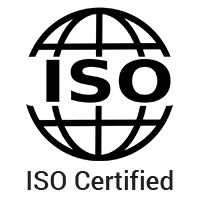
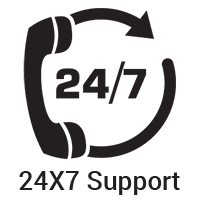
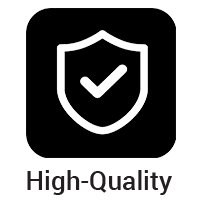

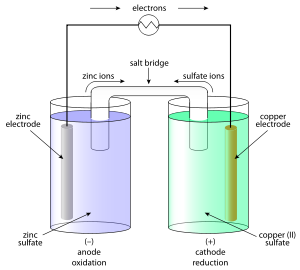
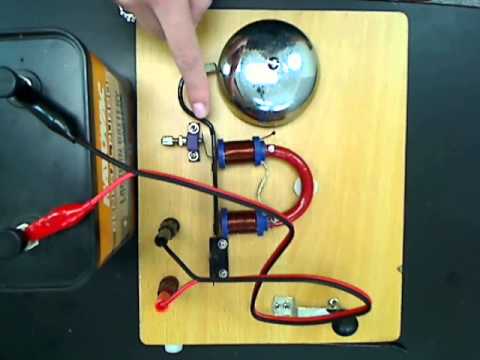
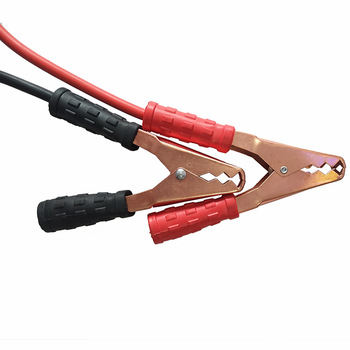
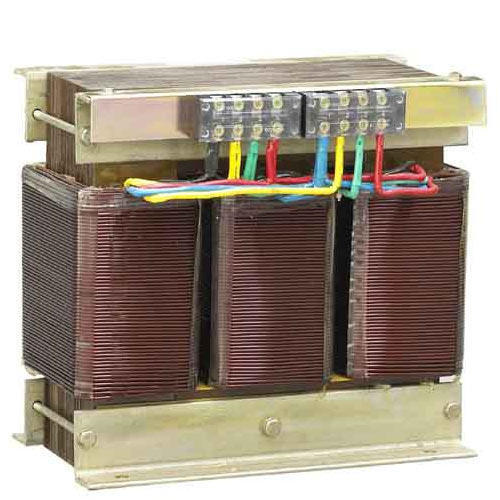
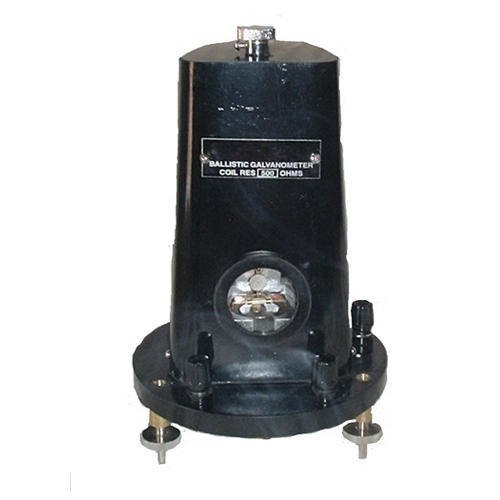
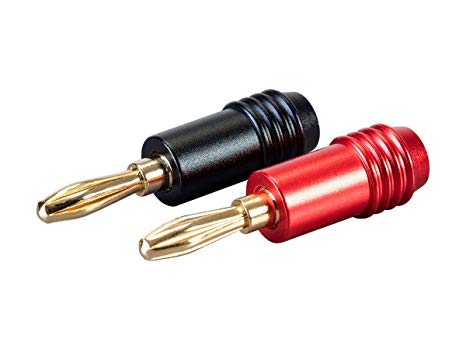
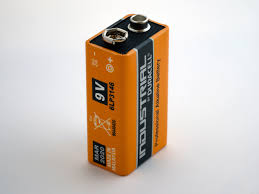
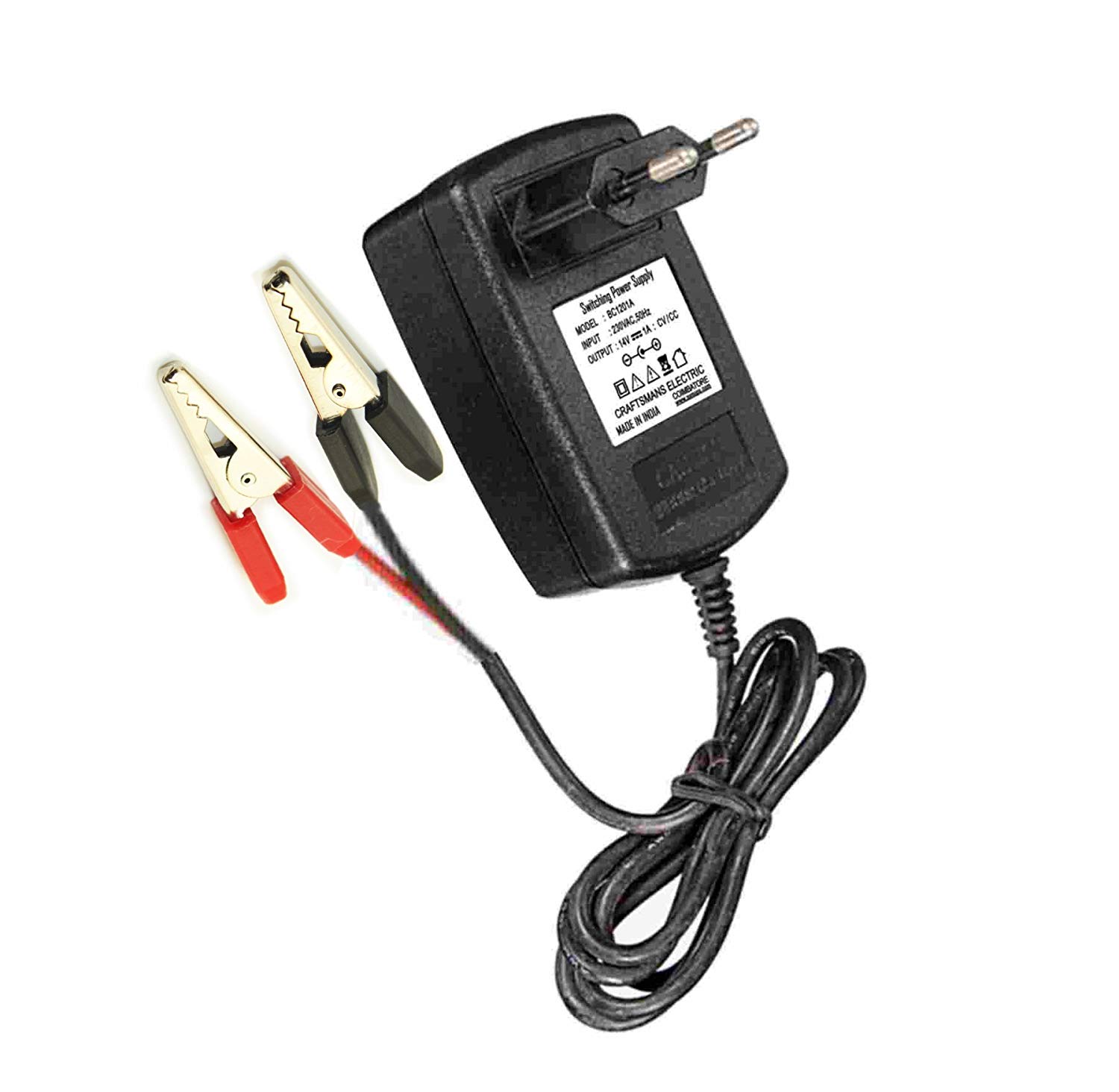
Product
Reviews
add Review
reviews
No Review Yet.